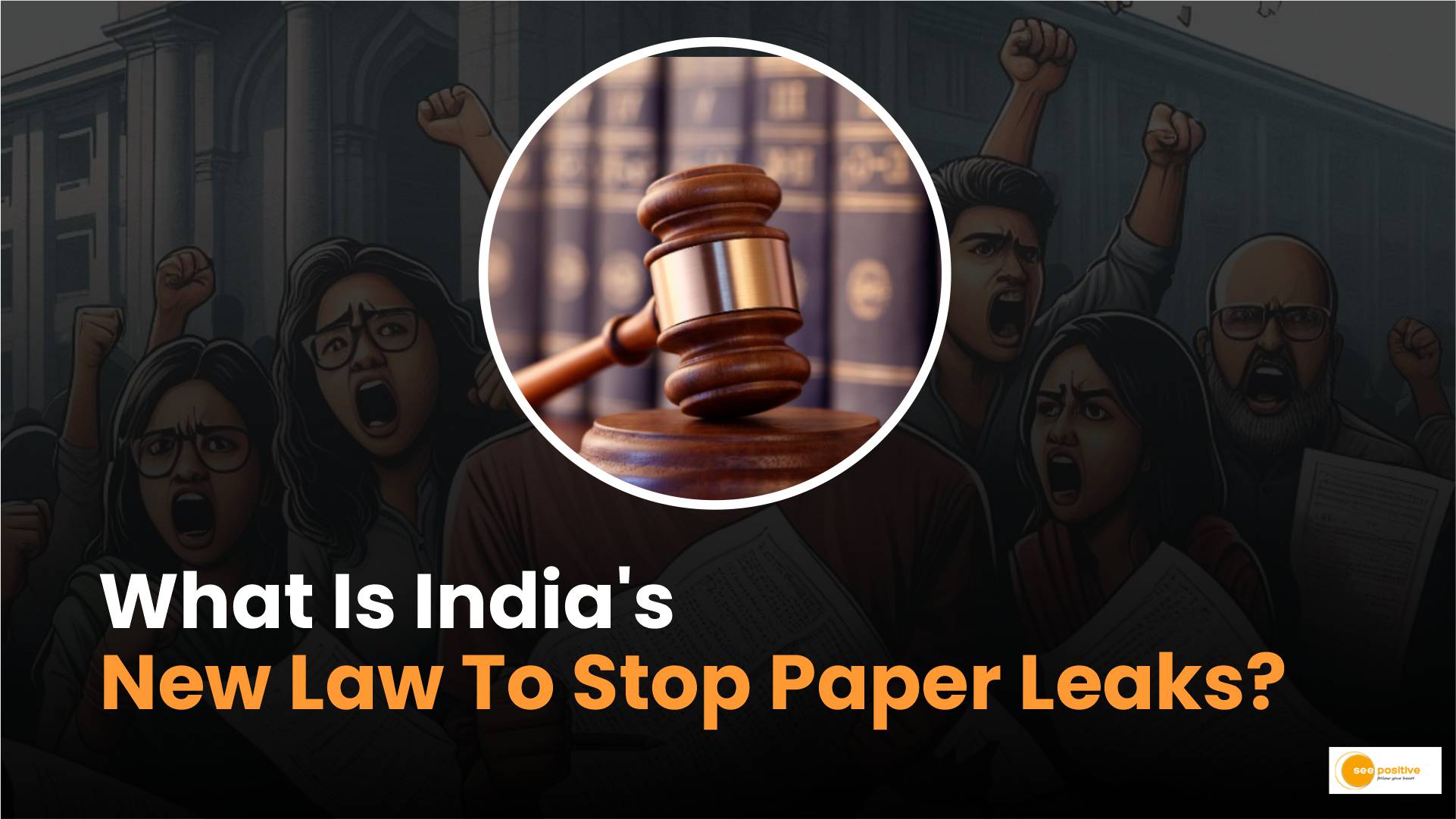‘Anti-Paper Leak’ Law: Amidst ongoing controversies surrounding alleged irregularities during the medical entrance exam NEET, the Union education ministry took a decisive step on Wednesday, June 19, by canceling the UGC-NET 2024.
This decision followed inputs suggesting that the exam’s integrity might have been compromised. The matter has been handed over to the Central Bureau of Investigation (CBI) for a thorough probe.
Background of the NEET and UGC-NET Controversy
The education ministry’s actions were prompted by reports from the Bihar Police’s Economic Offences Unit regarding alleged irregularities in the conduct of the NEET-UG 2024 in Patna. The ministry has sought a detailed report from the unit and has indicated that further actions will be based on the findings of this report.
In a significant change from previous practices, the National Eligibility Test (NET) was conducted in pen-and-paper mode this year, on a single day – June 18 – with a record 11 lakh students registering for the examination. UGC-NET is a crucial test determining the eligibility of Indian nationals for junior research fellowships, assistant professor appointments, and PhD admissions in Indian universities and colleges.
The Need for the ‘Anti-Paper Leak’ Law
The controversy surrounding NEET and UGC-NET came just months after the Rajya Sabha and Lok Sabha passed an ‘anti-cheating’ bill aimed at curbing fraudulent practices, such as the leaking of exam papers in government recruitment exams. In February, President Droupadi Murmu cleared the Public Examinations (Prevention of Unfair Means) Bill, which subsequently became law.
Union minister Jitendra Singh highlighted the critical need for such a law, citing numerous instances where the interests of lakhs of students were adversely affected due to the cancellation of exams caused by question paper leaks and organized cheating.
“In the recent past, many states have had to cancel or were unable to declare results of their public examinations due to adverse impacts of unfair practices and means adopted by antisocial, criminal elements,” he said.
These practices jeopardize the future and careers of millions of aspiring youths. Organized groups and mafia elements have been observed deploying solver gangs, impersonation methods, and indulging in paper leaks. The bill primarily aims to deter such nefarious activities.
Provisions of the Public Examinations (Prevention of Unfair Means) Act, 2024
The Public Examinations (Prevention of Unfair Means) Act, 2024, was introduced to curb leaks and malpractices in recruitment examinations like UPSC, SSC, and entrance tests such as NEET, JEE, and CUET. Here are the key punishments and provisions under the Act:
- Imprisonment and Fines for Unfair Means:
- Individuals caught using unfair means in examinations can face imprisonment for three to five years.
- A fine of up to ₹10 lakh can also be imposed on offenders.
- Severe Punishments for Organized Crimes:
- If a person or group commits organized crime, including involvement by the examination authority, service providers, or other institutions, they can be punished with imprisonment of five to ten years.
- A minimum fine of ₹1 crore is mandated for such organized crimes.
- Property Attachment and Forfeiture:
- The law empowers agencies to attach and forfeit the properties of institutions involved in committing organized crime to recover the cost of the examination proportionately.
- Investigation Authority:
- Complaints under the Act will be investigated by an officer of the rank of deputy superintendent of police or assistant commissioner of police.
The Impact of the New Law
The new ‘Anti-Paper Leak’ Law is expected to act as a strong deterrent against fraudulent practices in public examinations. By imposing stringent punishments and empowering authorities to take decisive actions, the government aims to protect the interests of genuine candidates and maintain the integrity of the examination process. This is crucial for ensuring that the future and careers of millions of aspiring youths are not jeopardized by unfair practices.
Also Read: What Are Features Of Nalanda University’s New Campus
Positive Takeaway
The Public Examinations (Prevention of Unfair Means) Act, 2024, represents a significant step towards safeguarding the credibility of public examinations in India. By addressing the root causes of exam irregularities and imposing strict penalties on offenders, the government aims to create a fair and transparent examination system that upholds the aspirations of students across the nation.


